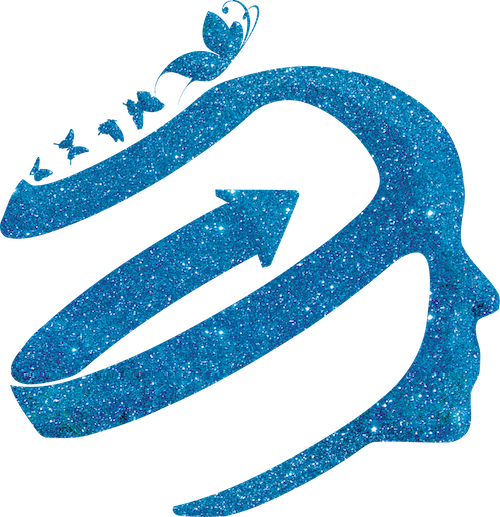INTERVENTIONS FOR AUTISM
Autism Spectrum Disorder looks different for every individual depending on the severity (mild to severe) of their condition. Every individual diagnosed has different strengths and areas of development throughout the course of their life. Treatment plans are often individualized to meet the needs of the person. There are many non-pharmacological and pharmaceutical therapies that are used to support those with autism.
Non-pharmacological Treatments
APPLIED BEHAVIORAL ANALYSIS (ABA)
ABA uses the principle of behavior theory to improve socially significant behaviors, including reading, academics, social skills, communication, and adaptive living skills. The goal of ABA is to increase behaviors that are helpful and decrease behaviors that are harmful or affect learning. ABA therapy programs can help improve language and communication skills; improve attention, focus, social skills, memory, and academic performance; and decrease problem behaviors (i.e., hitting, impulsivity, explosive behaviors).
DISCRETE TRIAL TRAINING (DTT)
DTT is a structured ABA technique that breaks down skills into small, easily taught components. Systematically, the DTT trainer teaches skills one by one. Reinforcers are given to increase the desired behavior (i.e., for a child, this may be candy, a sticker or a small toy if appropriate).
SOCIAL SKILLS TRAINING (SST)
SST is a form of group or individual instruction. The goal of SST is to teach those with autism spectrum disorders ways to appropriately interact with peers, adults, and other individuals. Many children and adults on the autism spectrum need help in learning how to adjust to and act in different types of social situations. Often those with autism have the desire to interact with others, yet struggle to respond appropriately when trying to engage with friends. Social skills therapy will provide those on the autism spectrum with the ability to converse, share, play, and work with typical peers.
Pharmacological Treatments for Autism
There is not a medication that cures or treats autism as a whole; however, some individuals find medication helpful to minimize some of the symptoms of autism. More severe symptoms can include behaviors such as hitting, obsessive behaviors, running away, and/or behaviors that my impact their safety. Often times medications used to treat ADHD, depression and/or anxiety are also used to treat symptoms of autism. As every person is different, consulting with a psychiatrist is best when making the decision to use medication as a form of treatment.
Miyume McKinley LCSW is a Psychotherapist based in Los Angeles, California. After graduating from XULA, Miyume founded her inclusive practice Epiphany Counselling. She is also the host of Epiphany Radio and founder of The Healing & Hope Foundation.


